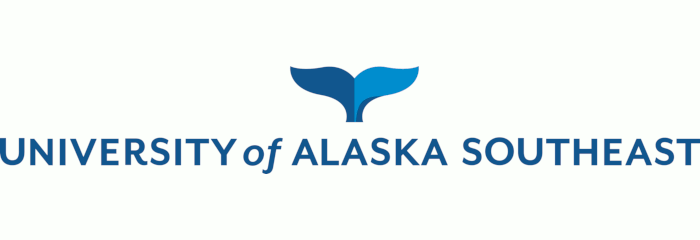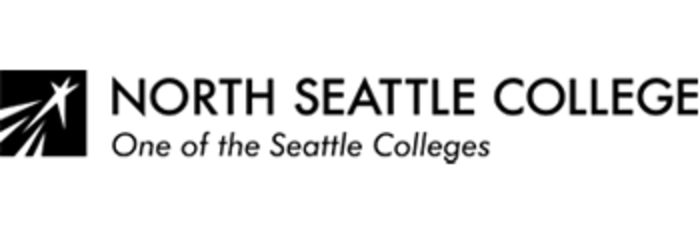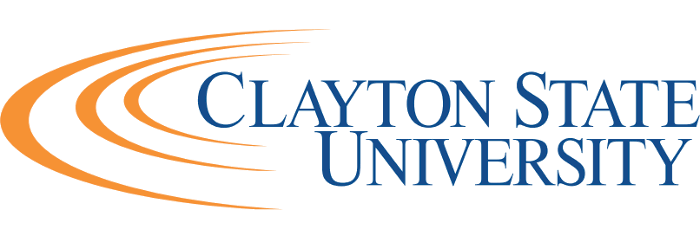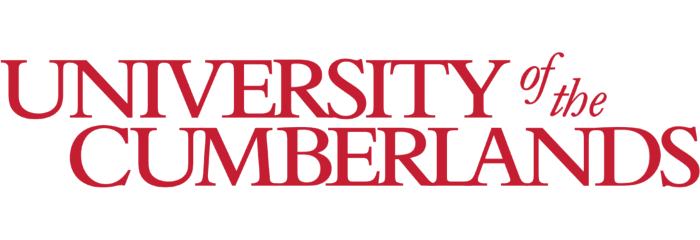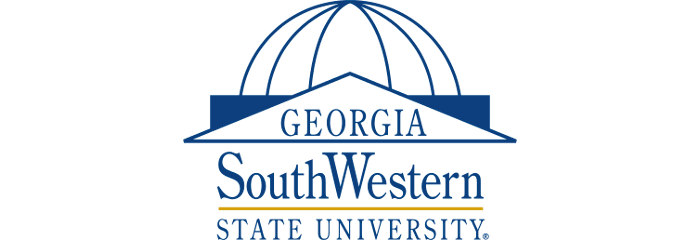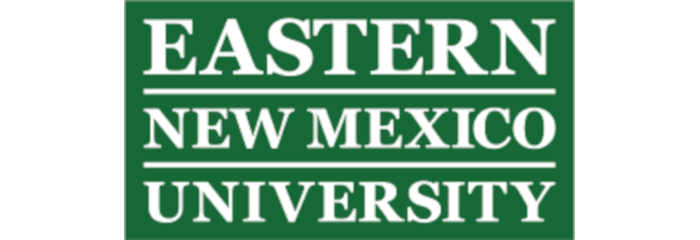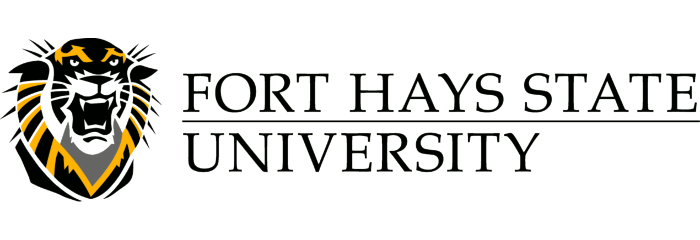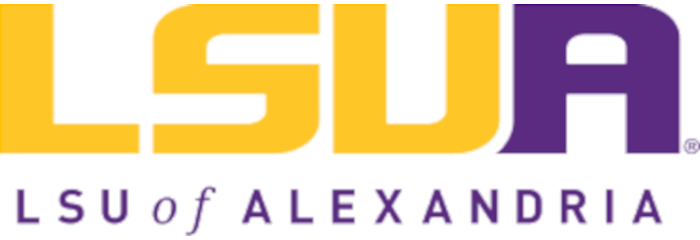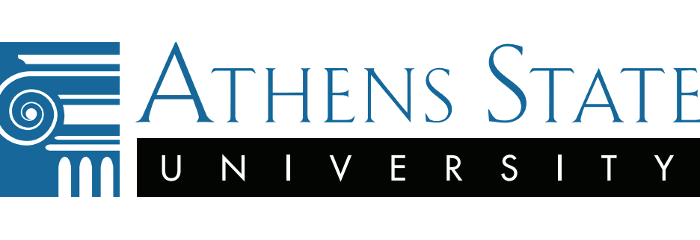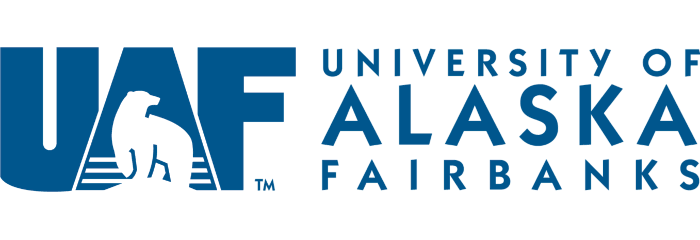2023 Most Affordable Online Colleges for Accounting Degrees
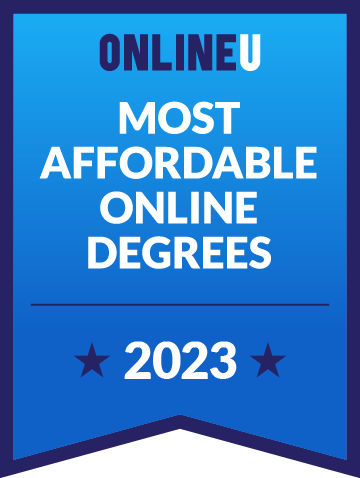
If you’re interested in fraud elimination, tax preparation, and financial management, consider an online degree in accounting. Accountants are an important part of the economy, as they can either help individuals with their taxes or companies with their budgets and security. You may also consider an online master’s in accounting if you’re interested in starting your own firm or earning a promotion. There are also specific accounting specializations that may interest you, like forensic accounting. Explore the most affordable bachelor’s degrees in accounting online.
View our methodology for more details about rankings or learn more about us.
| Rank | School | Locations | Annual Tuition |
|---|---|---|---|
| University of Alaska Southeast | Juneau (AK) | $1,600 | |
| North Seattle College | Seattle (WA) | $3,938 | |
| Clayton State University | Morrow (GA) | $5,694 | |
| University of the Cumberlands | Williamsburg (KY) | $5,970 | |
| Georgia Southwestern State University | Americus (GA) | $6,169 | |
| Eastern New Mexico University - Main Campus | Portales (NM) | $6,624 | |
| Fort Hays State University | Hays (KS) | $6,806 | |
| Louisiana State University - Alexandria | Alexandria (LA) | $6,929 | |
| Athens State University | Athens (AL) | $6,975 | |
| University of Alaska Fairbanks | Fairbanks (AK) (and 1 other) | $7,020 |
University of Alaska Southeast Juneau (AK) The University of Alaska Southeast (UAS) is a small, public institution. UAS offers an online Bachelor of Business Administration - Accounting. The program requires 120 credit hours and takes about four years to complete with a full-time schedule, including the Alaska Native Knowledge Graduation Requirement. UAS provides students with an understanding of essential business disciplines, management skills, and effective communication. Some core classes in this major are Accounting Information Systems, Advanced Managerial Cost, and Fraud/Forensic Examination. At UAS, students use Blackboard to access their coursework, which may be fully online or hybrid, depending on the course. Check with an academic advisor to see if a course requires meeting in person. Online students have access to admission counseling, faculty advising, and online library resources.
|
North Seattle College Seattle (WA) North Seattle College (NSC) is a medium-sized, public institution that offers an online Bachelor of Applied Science in Accounting - International Accounting requiring 180 credit hours. This degree program gives students the knowledge and skills to apply principles from the Financial Accounting Standards Board and Generally Accepted Auditing Standards. It also helps students develop understanding around the legal and ethical frameworks for business and teaches them how to use general ledger software. Core courses in this major include Cost Accounting, Auditing, and Data Analytics, along with a baccalaureate internship. This program takes between two and four years with a full-time schedule, depending on if you already have an associate degree, and it prepares graduates to work as accountants, budget analysts, financial examiners, and purchasing manager logisticians. At NSC, students use Canvas to access their coursework, which is entirely online and asynchronous. Online students have access to all university resources.
|
Clayton State University Morrow (GA) Clayton State University (Clayton State) is a medium-sized, public university that offers an online Bachelor of Business Administration in Accounting. Students strive to develop accounting and business software skills, along with a general understanding of ethical issues that may arise in the accounting profession. This program requires 120 credit hours, including a capstone course and internship. Overall, this online degree takes students about four years to complete if they maintain a full-time schedule. Core courses in this major include Principles of Financial Accounting, Advanced Computer Applications, and Corporate Finance. Graduates may go on to work as financial accountants, auditors, and managerial cost accountants. At Clayton State, students use Brightspace to access their coursework, which is 100% online, and it may be synchronous or asynchronous. Online students have access to academic advisors, the Writers’ Studio, and the university library.
|
University of the Cumberlands Williamsburg (KY) The University of Cumberlands (UC) is a medium-sized, private institution that offers both an online Bachelor Science in Accounting and an online Bachelor of Applied Science - Accounting. The latter differs from the former because it focuses on management and technology. The Bachelor of Science is a more general accounting degree. Both programs require 120 credit hours, including a capstone course, and each takes about four years to complete with a full-time schedule. Some core classes in these programs include Accounting Information Systems, Federal Taxation, and Business Statistics. Graduates often find work as auditors, budget analysts, or financial examiners. At UC, students use Canvas to access their coursework, which is entirely online and asynchronous. Online students have access to all university resources.
|
Georgia Southwestern State University Americus (GA) Georgia Southwestern State University (GSW) is a medium-sized, public institution. GSW offers an online Bachelor of Business Administration in Accounting requiring 120 credit hours. This program prepares students to create financial statements, record business transactions, and plan tax strategies. Core courses in this major include Income Tax, Auditing, and a capstone course in strategic management. Graduates of this online degree are prepared for a Certified Public Accountant career. At GSW, students use Brightspace to access their coursework, which is entirely online and may be synchronous or asynchronous. Online students have access to electronic library resources, a technical help desk, and academic advisors.
|
Eastern New Mexico University - Main Campus Portales (NM) Eastern New Mexico University (ENMU) is a medium-sized, public institution that offers an online Bachelor of Business Administration in Accounting. The program requires 120 credit hours, which students can finish in four years at a full-time pace. ENMU's curriculum is designed to provide students with an understanding of corporate finance, investment management, and economics research. Some core courses for this major are Data Analytics, Accounting Information Systems Theory, and Principles of Management. Graduates may work as public accountants, internal auditors, and fraud examiners, to name a few options. At ENMU, students use Canvas to access their 100% online coursework, which — depending on the course — may be synchronous or asynchronous. Online students have access to academic advising, tutoring services, and a dedicated distance learning librarian.
|
Fort Hays State University Hays (KS) Fort Hays State University (FHSU) is a public institution with a medium-sized undergraduate population. FHSU offers an online Bachelor of Business Administration in Accounting requiring 120 credit hours. This program provides students with the expertise that entry-level accountants need to get started, including the communication skills to solve accounting problems and an understanding of computer applications for accounting functions. Some core courses in this major include Cost Accounting, Fraud Examination, and Income Tax Procedure. Students can complete this online program in about four years with a full-time study schedule, and graduates may go on to work as accounts payable supervisors, bookkeepers, internal auditors, and staff accountants. At FHSU, students use Blackboard to access their coursework, which is entirely online. Online students have access to career services, technical support, the Fort Hays Honor Society, and the university library.
|
Louisiana State University - Alexandria Alexandria (LA) Louisiana State University - Alexandria (LSU) is a medium-sized, public institution that offers an online Bachelor of Science in Accounting requiring 120 credit hours. This program helps provide students with the knowledge and skills to manage an organization’s finances and taxes. Core classes include Personal Productivity Using IT Tools, Financial Reporting and Analysis, and Tax Accounting. This program takes about four years to complete at a full-time pace, and it prepares students to become Certified Public Accountants. Graduates of the program typically work in tax preparation, business consulting, internal auditing, and financial accounting. At LSU Online, students use Blackboard, a popular learning management system, to access their coursework remotely. Additionally, online students have access to all university resources.
|
Athens State University Athens (AL) Athens State University (Athens State) is a public institution with a medium-sized student population that offers an online Bachelor of Science in Accounting. This program requires 124 credit hours, which full-time students can finish in about four years. Faculty teach students accounting theories and financial applications while helping them develop the ability to prepare financial statements, apply cost accounting methods, and identify accounting problems and solutions. Some core courses in this major include Financial Management, Federal Tax Accounting, and Advanced Auditing and Fraud Examination. Also, students are required to attend a career seminar. Alumni typically work as financial managers, accounting clerks, forensic accountants, or financial analysts. At Athens State, students use Blackboard to access their coursework, which is entirely online. Additionally, online students can access all of the university's resources.
|
University of Alaska Fairbanks Fairbanks (AK) (and 1 other) The University of Alaska Fairbanks (UAF) is a medium-sized, public institution that offers an online Bachelor of Business Administration in Accounting, which requires 120 credit hours. Full-time students can graduate with the degree in four years. The curriculum focuses on providing students with a strong business background that emphasizes accounting principles. Some core courses in this major include Business Ethics, Auditing, and Advanced Cost Accounting & Controllership. At UAF, students use Blackboard to access their coursework remotely. UAF "offers an almost 100% job placement rate," including online recruiting for internships and long-term careers. Graduates may go on to work in CPA firms, large corporations, small businesses, not-for-profit entities, or government organizations. Online students have access to admission counseling, faculty advising, and online library resources. Additionally, they can attend guest lectures with high-level accounting professionals as well as the Annual Native Corporation Workshop.
|
Overview of Affordable Online Accounting Degrees
Students conducting a college search for affordable online bachelor's programs will find a number of degree options in accounting. Some colleges offer programs that lead to Bachelor of Science or Bachelor of Arts degrees specifically in accounting, while other schools offer degrees in business administration with a concentration in accounting. At some schools, enrollees can also choose specializations, such as taxation or forensic accounting. All of these programs are designed to be completed in four years of full-time study, but students may choose to enroll part-time instead. With convenient and affordable online options available, students can choose the program that best fits their interests, career goals, schedule, and budget.
How Much Does an Online Accounting Degree Program Cost?
| Annual tuition rates among the more affordable online accounting programs range from $5,490-$9,480. As a point of comparison, the median annual tuition for an online bachelor's degree is $13,919, according to an internal analysis of over 800 schools. |
Students may find that earning a degree online can lower the overall cost. Some schools charge in-state tuition rates for distance learners regardless of residency. There are also some campus-related fees that online students often do not have to pay, including housing and transportation.
Accounting students who plan to become certified public accountants (CPAs) should also consider the expense of taking additional courses, as well as the various fees associated with taking the CPA exam. These costs vary by state, but the total application, examination, and registration fees can range from $1,150-$1,350.
Funding an Online Bachelor's in Accounting
Online students are eligible for financial aid, just like students attending on-campus schools. There are federal, state, private, and school-sponsored scholarships and grants, which don't have to be paid back, as well as work-study programs. Some online accounting students may need to accept student loans, but they should consider all loan offers with care. Federal student loans are usually preferred because they offer more favorable repayment plans and usually have lower interest rates.
Certain students may also be eligible for other types of aid. For example, active duty military or veterans may be entitled to tuition assistance and GI Bill benefits, and members or employees of a school's partner organization may be awarded tuition discounts. Accounting majors can check with the financial aid office at their school to see if they qualify for any financial aid programs.
Online students are eligible for financial aid, just like students attending on-campus schools.
Most students begin the financial aid process by submitting a Free Application for Student Financial Aid (FAFSA) form. The personal financial information on this form is used to determine how much aid a student may be eligible for. When the applications have been evaluated, the schools will provide an offer to the students that details the type and amount of financial aid they can receive. In many cases, it will be a combination of the different types of funding available.
Online accounting students can also submit separate applications for some of the many private scholarships available. Professional organizations, such as the Association of International Certified Professional Accountants, the National Association of Black Accountants, and the Association of Certified Fraud Examiners, fund scholarships for accounting undergraduates.
Other opportunities to consider include:
Educational Foundation for Women in Accounting Scholarships
Several scholarships ranging from $1,000-$16,000 are available for women majoring in accounting at all degree levels.
Ritchie-Jennings Memorial Scholarship Program
Named for two members of ACFE killed in a terrorist attack in Pakistan while representing their Texas firm in Karachi, this fund offers scholarships in the amounts of $10,000, $5,000, $2,500, and $1,000.
Striving for Greatness Accounting and Finance Scholarship
Awards $2,500 to students with a GPA of 3.0 or higher who demonstrate service to their community in addition to academic achievement.
For additional information about college affordability, we've compiled resources about paying for a college degree.
Careers for Accounting Alumni
An online accounting degree from an accredited college or university can be the first step in a variety of career paths. According to the Bureau of Labor Statistics (BLS), many of these accounting careers for bachelor's degree holders offer lucrative salaries in growth occupations. Below is a list highlighting some of the multiple avenues available in this field.
- Median Annual Salary:$73,560
- Job Growth Rate: 7%
Organizations of all sizes and types need accountants to create and examine financial records, ensure compliance with accepted accounting practices, and assess the organization's financial operations. There are several types of accountants:
- Public accountants, who provide accounting services for clients
- Certified management accountants, or CMAs, who analyze financial records and data in consultation with an organization's senior leadership
- Government accountants, who provide accounting services for government agencies
- Tax accountants, who specialize in tax preparation and tax planning for clients
Auditors perform many of the same functions as accountants but their role is to confirm the accuracy of accountants' work.
- Median Annual Salary: $89,330
- Job Growth Rate: 5%
Graduates with accounting degrees, including those from online programs, may be interested in working with individuals and families to provide financial advice. These professionals typically spend time with clients discussing their financial goals before offering guidance on investments, tax planning, and other financial matters. Most personal financial advisors need various types of licensure, depending on their state's requirements. The BLS lists the median annual wage for personal financial advisors as $89,330, although the highest 10% earn more than $208,000. The need for professionals in this occupation is projected to increase at a slightly slower rate than other industries.
- Median Annual Salary: $134,180
- Job Growth Rate: 17%
Mid-sized and larger organizations typically have a financial manager on their executive team. In addition to preparing financial statements, they often create reports and forecasts. Their role is to use financial data to analyze internal operations as well as external trends so they can assist the organization's leaders in making sound financial decisions. Financial management — which includes controllers, treasurers, and chief financial officers — is a growth occupation with a projected 17% increase in job openings through 2030.
- Median Annual Salary: $81,430
- Job Growth Rate: 18%
These professionals are responsible for monitoring the activities of banks and other financial institutions to ensure they comply with laws and regulations. Financial examiners review documentation, evaluate decisions made by managers and officers, and assess each institution's level of risk.
Applying to an Online Program
The admissions criteria for online and in-person bachelor's programs are fairly consistent from one college to the next. Applicants must have a high school diploma or the equivalent. Other requirements often include a minimum 2.0 high school GPA and favorable scores on common college entrance exams, such as the ACT or SAT. For those enrolling in a degree-completion program, a cumulative 2.5 or higher GPA for completed college-level courses may be required.
When prospective students submit an application to enroll in an online accounting degree program, they may be asked for some of the following items:
- An application fee ranging from $25-$80
- Official transcripts from all previous schools attended
- Test scores from ACT, SAT, or other standardized tests
- Letters of recommendation from former teachers, coaches, supervisors, or clergy who know the applicant well
- A personal essay highlighting the applicant's experiences and goals
- A list of extracurricular activities, including team sports, clubs and organizations, jobs, and volunteer activities
Common Online Bachelor's in Accounting Courses
A bachelor's degree in accounting is designed to give students a strong foundation in financial accounting principles and prepare them for a wide range of careers in business. Students who earn a bachelor's in accounting often go on to become Certified Public Accountants (CPAs) and pursue roles in public accounting as auditors, work for government or nonprofit organizations, maintain financial records for private companies, or take on individual clients. An accounting degree can also lead to roles in finance, including budget analysts, financial consultants, finance managers, or financial analysts.
- Auditing: This course gives students an in-depth understanding of the auditing processes used in public accounting. Students learn about auditing procedures, documentation used to verify financial data, audit program design, and other external audit practices. The course also covers the ethical and legal responsibilities of public accountants.
- Cost Accounting: Cost accounting involves understanding how much it costs to run a business, create a product, or provide a service, and using total costs to guide operations. Courses cover how to use accounting data to determine pricing, inform business decisions, make long-term plans, predict financial outcomes, and create data-driven company policies.
- Government and Non-profit Accounting: This class covers the basics of fund accounting for non-profit organizations and public agencies. Students learn how to manage donor and public funds, which typically have strict requirements for use. They also learn how to prepare financial statements, document funding use, analyze financial data, and adhere to reporting requirements for non-profit organizations.
- Intermediate Accounting: Once students have completed introductory courses in the basic principles of accounting, they can progress to a more advanced understanding of this complex subject. Course materials provide an in-depth examination of familiar topics, such as the time value of money. They also delve into new issues, including accounting for inventory, research and development expenses, and taxes.
- Managerial Accounting: Managerial accounting refers to the process of gathering relevant financial data and using it to manage a business effectively. Students learn about the different reports and data points managers need to inform business decisions. Practical skills gained from this class include capital budgeting and preparing financial statements, cash budgets, and performance evaluations.
- Microeconomics: In this course, students explore how individuals and organizations make decisions about using and distributing resources. Specifically, they learn how people within organizations share information, assign value to goods and services, and collectively work toward the efficient production and exchange of resources. Some common topics include supply and demand, market equilibrium, monopolies, and labor economics.
- Tax Accounting: Sometimes called income tax or federal tax accounting, this course gives an overview of income tax laws. Students learn how to prepare taxes for individuals, including determining gross income and itemized deductions. They also learn how to research specific tax laws related to individual circumstances. Some courses may cover how tax laws can impact business decisions.
Accreditation
Accreditation is an important quality to look for when selecting a college. Accounting students must be enrolled in an accredited institution and/or program to qualify for federal financial aid, and in many states it is a requirement to obtain licensure. Additionally, students who intend to transfer schools or apply to a master's program may only be accepted if their previous college credits were earned through accredited programs.
| For accounting programs, the primary accrediting agency is the Association to Advance Collegiate Schools of Business (AACSB), although some business programs may be accredited by the Accreditation Council for Business Schools and Programs. |
Accreditation means that a school's academic programs, faculty, research programs, and student services meet educational standards for quality. Schools can also earn programmatic accreditation for individual degree programs. For accounting programs, the primary accrediting agency is the Association to Advance Collegiate Schools of Business (AACSB), although some business programs may be accredited by the Accreditation Council for Business Schools and Programs. Students can access databases of recognized schools, programs, and accrediting agencies on the U.S. Department of Education and the Council for Higher Education Accreditation websites.
Is an Online Bachelor's in Accounting Worth It?
Whether an online bachelor's degree in accounting will be worth it is ultimately up to each individual, and depends in part on a student's personal circumstances, financial situation, and other responsibilities. There is a significant upfront investment in time and money that may or may not result in a satisfying and lucrative career. It's worth examining the pros and cons of this degree, along with the advantages of earning it online.
Potential Benefits
- Accountants are typically paid wellAccountants are typically paid well, earning median yearly wages of $73,560 compared to $41,950 for all U.S. professions.
- A bachelor's degree in accounting can qualify you for entry-level positions in a variety of areas, including auditing, bookkeeping, and financial investigation.
- Learning online affords you greater flexibility. Working independently around family or other commitments can be easier when you are in control of your schedule and course load.
Potential Benefits
- Day-to-day work as an accountant can be tedious with intervals that bring on high anxiety, such as tax season and end-of-year accounting. According to CareerExplorer, accountants have reported fairly low job satisfaction.
- Competition for jobs may be intense, because job growth is likely to remain average at 7% through 2030, according to the BLS.
- Online learning may decrease opportunities for networking, which can be an essential part of the job search after graduation.
Next Steps for Accounting Graduates
After earning a bachelor's in accounting, graduates who would like to qualify for higher-paying positions or job opportunities that require licensure might consider becoming CPAs. To become a certified public accountant, which indicates greater competency in the field, students must complete 150 college credits and pass the four-part Uniform CPA Examination. Although a master's degree is not required, many aspiring CPAs obtain an advanced degree in order to earn the additional credits needed. A few states will accept years of work experience in lieu of some college coursework. Students should check with their state's Board of Accountancy for a detailed list of licensure requirements.
In addition to preparing graduates to pass the CPA exam, a master's degree in accounting offers other benefits. Their advanced training may qualify them for more competitive, specialized roles in the field, such as in auditing or taxation. This expertise could mean higher salaries and greater job security.
Related Articles
2023 Most Affordable Online Colleges & Degrees
The top affordable online colleges of 2023. Find cheap online associate, bachelors, master's, and doctoral degrees.
By OnlineU Staff Writers | 2/9/2023
